Seeds are nature’s small yet potent superfoods. They’re concentrated sources of energy, vitamins, minerals, plant protein, fibre and other beneficial compounds like antioxidant polyphenols, essential fats and enzymes.
Seeds pack this nutritional punch because they require these materials to germinate new plants and support growth. A mature plant then flowers and produces new seeds, which are also packed with high concentrations of vitamins, minerals and proteins and help to continue the germination cycle.
READ MORE: Make eating on the run a fuss-free affair with NuSeed seed packs
Nutrient powerhouses
The various cultivated seeds you’ll find in the nutrition section at your local Dis-Chem store come from different sources.
Pumpkins seeds, for example, are vegetable seeds, while sunflower seeds come from a flowering plant. We now also have access to various specialised crops such as flax and hemp seeds.
READ MORE: Try this summer salad with seed sprinkles recipe
Culinary accoutrements
Seeds are also extremely versatile culinary ingredients. The easiest way to include seeds in your daily diet is to simply use them as a topping. They are great for adding texture to various healthy meals, including smoothies, breakfasts, soups or wraps.
You can also crush, puree or blend them into recipes to amplify your dish’s nutritional content. And they’ll provide an energy boost when eaten as a standalone snack during the day – Dis-Chem’s Lifestyle Food Ultimate 4 Seed Mix is a great option!
READ MORE: Try this greek yoghurt breakfast bowl recipe
Seed selection
Chia seeds: Offering a nearly complete source of protein with 19 amino acids, chia seeds are a popular source of plant protein. One teaspoon of chia seeds delivers 2.5 times more protein than kidney beans, three times more iron than that found in spinach.
Chia seeds also contain numerous vitamins and minerals, including calcium and vitamin C, with additional electrolytes that can help to hydrate the body.
They are also an excellent source of fibre and antioxidants and are the richest plant source of omega-3 fatty acids. No wonder these seeds are known as a superfood!
Hemp seeds: Hemp seeds are nature’s highest botanical source of essential fatty acid, with more essential fatty acid than flax or any other nut or seed oil.
One tablespoon of hemp seeds also contains all essential amino acids, which makes them another popular ingredient for those looking to bulk up their plant protein intake. Containing 36% protein, hemp is the second-highest protein-rich food on earth after algae by weight.
Hemp is also a great alkalising food with a rich omega-6 fatty acid content. In addition, these seeds are a rich source of phytonutrients – plant-derived compounds that have a protective function and can therefore help to boost our immune systems and protect tissues, cells, skin, organs and mitochondria.
Flaxseeds: Flaxseeds contain significant amounts of alpha-linolenic acid (ALA), a powerful anti-inflammatory, along with dietary fibre and lignans.
The soluble fibre in flaxseeds promotes healthy bowel function – one tablespoon of flaxseed contains as much fibre as half a cup of cooked oat bran.
From a nutritional perspective, flax is also a solid source of potassium and is also rich in essential fatty acids.
Pumpkin seeds: Pumpkin seeds contain numerous vitamins and minerals, including iron, potassium, phosphorus, magnesium and zinc.
These seeds are also a great fuel source for active individuals, providing 559 calories per 100g serving.
They’re also a great source of protein, with about 30g per 100g serving. New research has also found that pumpkin seedscan help regulate insulin levels, which guards against diabetic complications.
Sunflower seeds: These seeds contain a large amount of vitamin E, which is a potent antioxidant that helps protect our cells against the effects of free radicals and other substances that oxidise and can damage our cell membranes. These seeds are also a great source of the B vitamin folate.
And a 28g serving of sunflower seeds contains 512mg of copper, which is more than 50% of our daily recommended intake. Copper is very important for maintaining hair and skin health, as well as joint and bone elasticity and flexibility.
Magnesium – also found in sunflower seeds – is another important mineral for optimal bone health and muscle function. And sunflower seeds are loaded with healthy monounsaturated and polyunsaturated fats.
Sesame seeds: Sesame seeds also contain those powerful antioxidant polyphenols called lignans – they are generally considered the best known dietary source of lignans.
They’re also a beneficial source of iron, which is an important mineral for endurance athletes and women, who often lack sufficient iron to support red blood cell production.
Other important nutrients found in sesame seeds include copper, manganese and magnesium, along with fibre and omega-6 fats.
READ MORE: A delicious berry and seed smoothie recipe

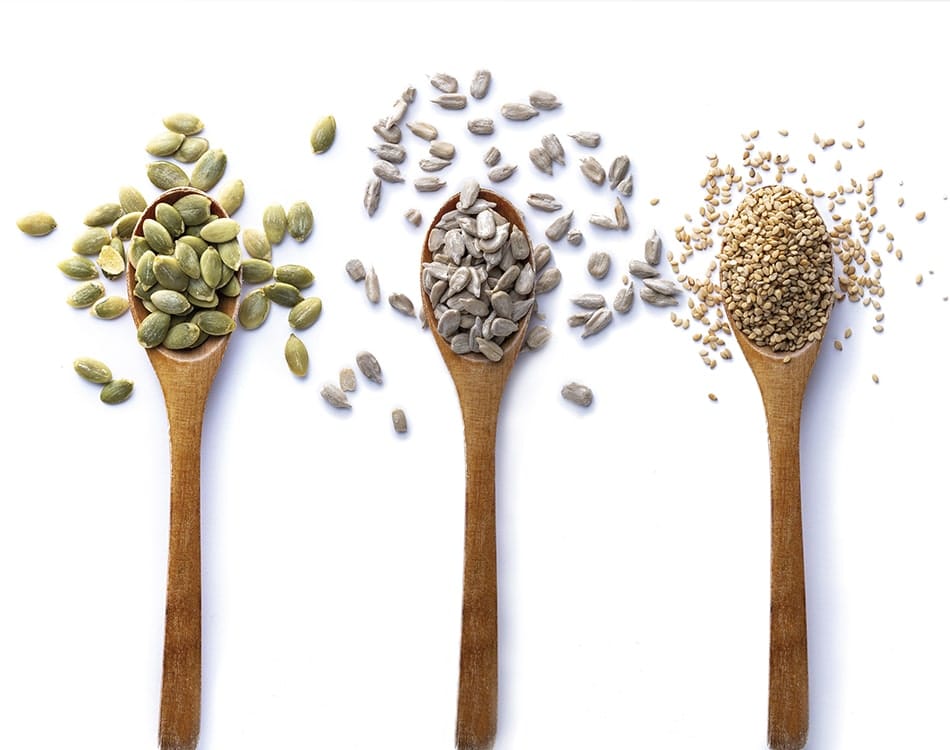
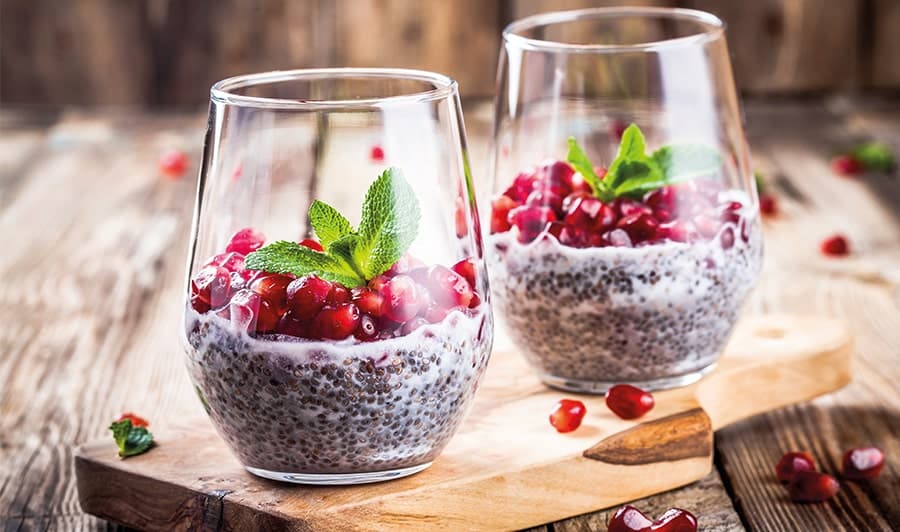
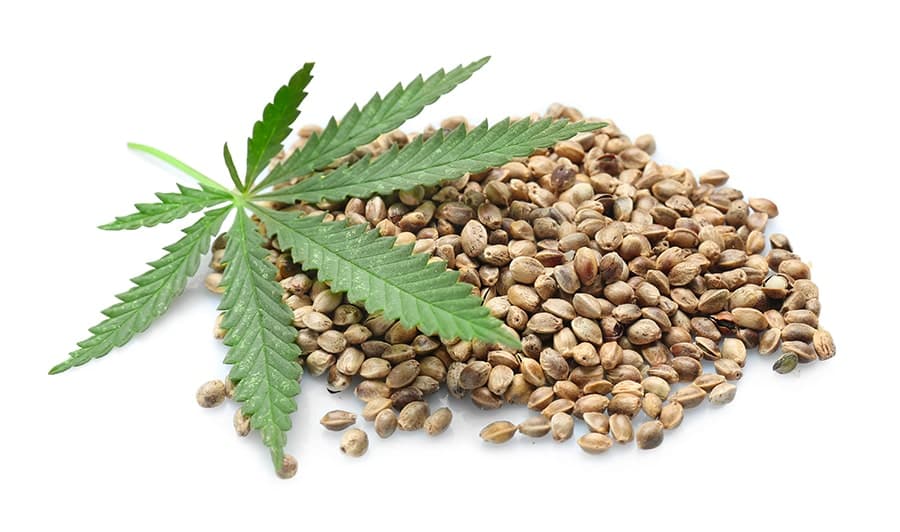
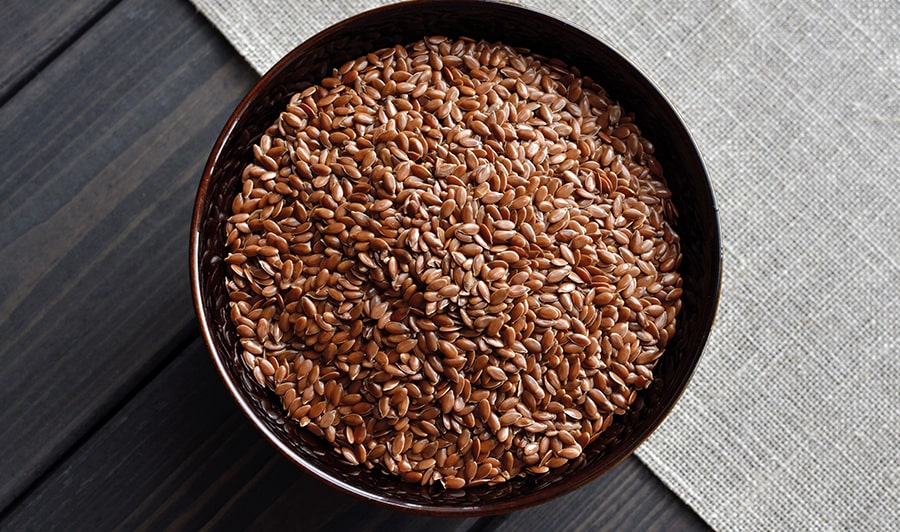
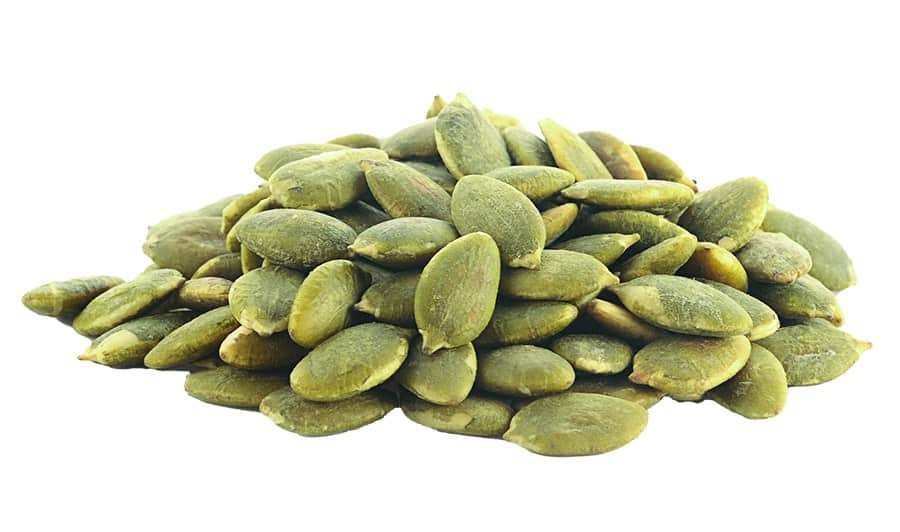
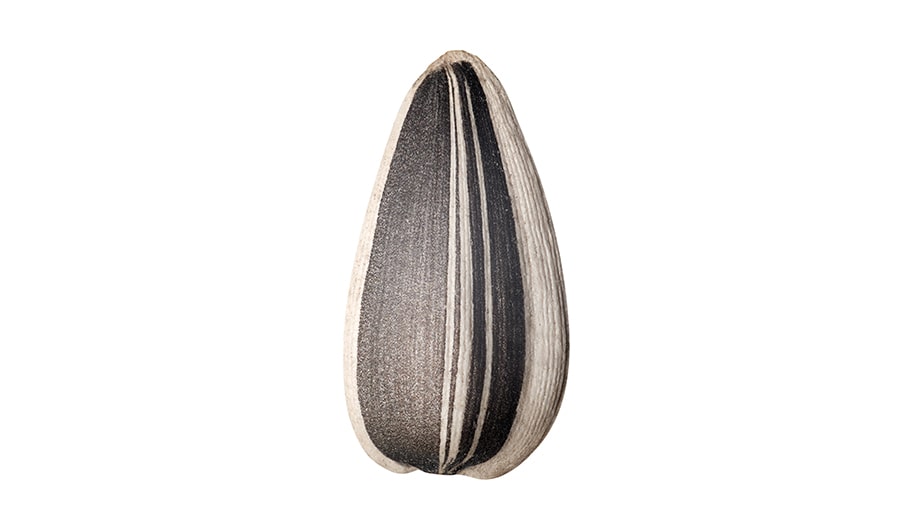
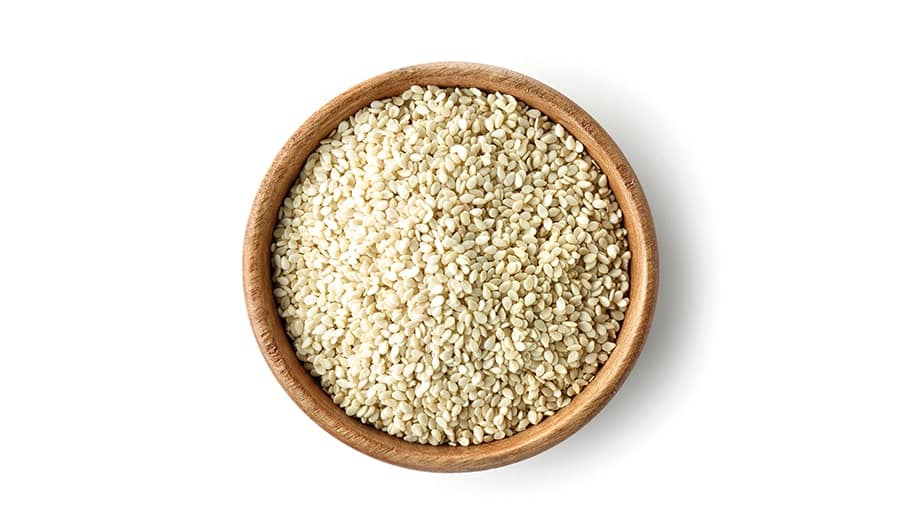

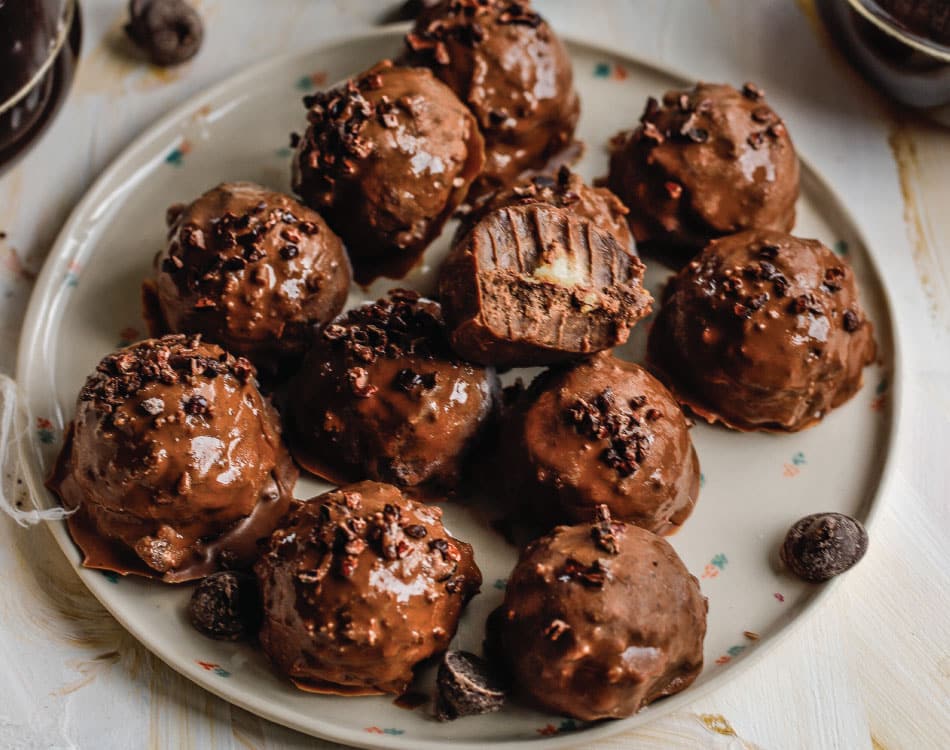

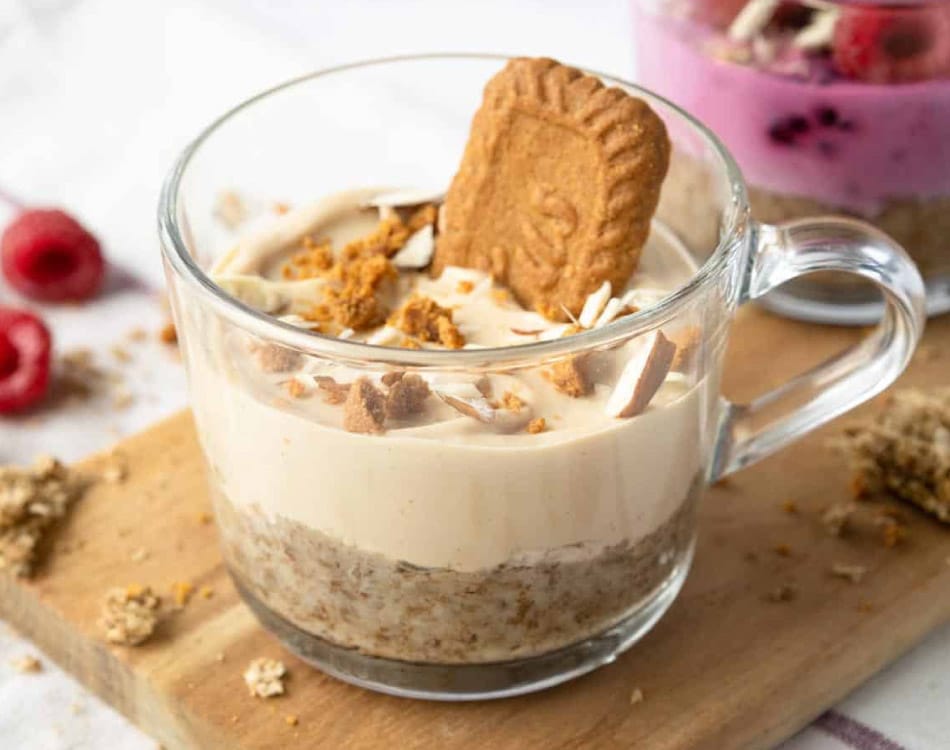
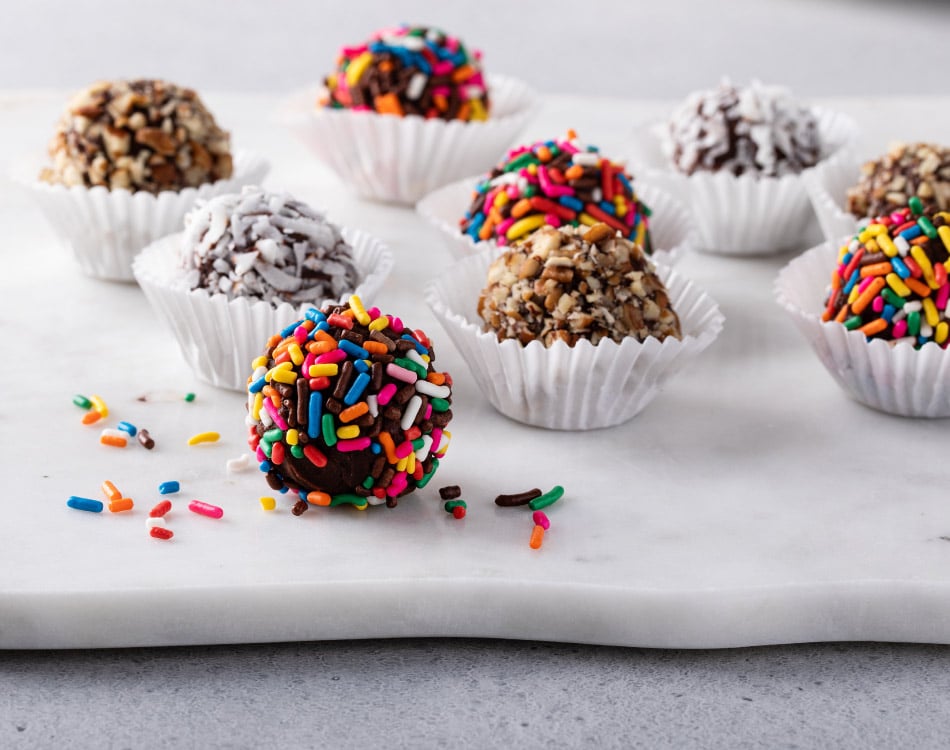
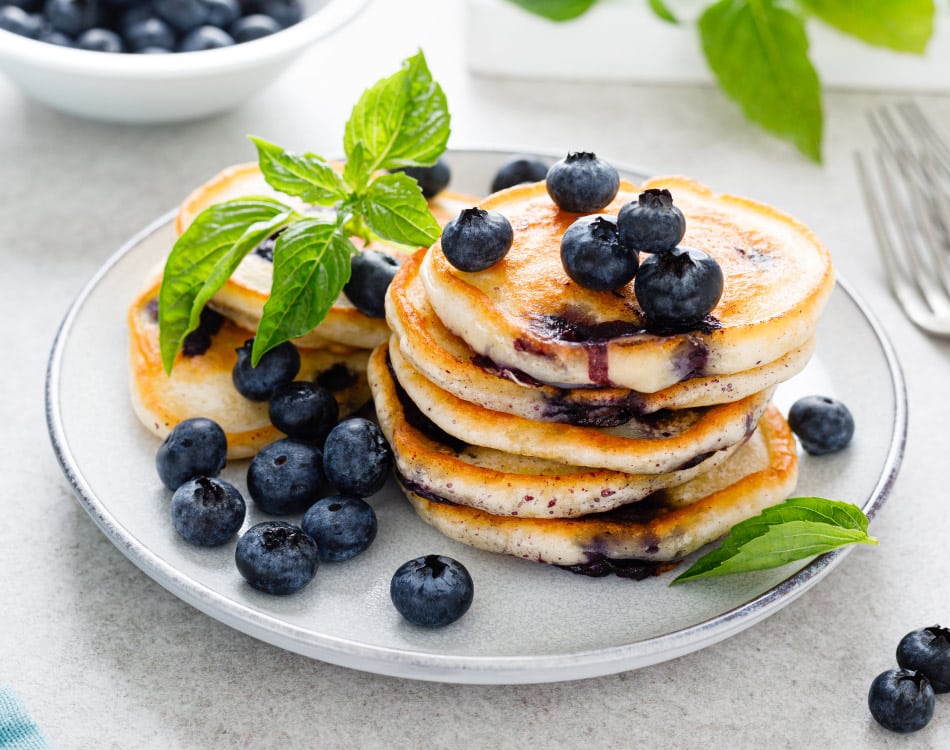
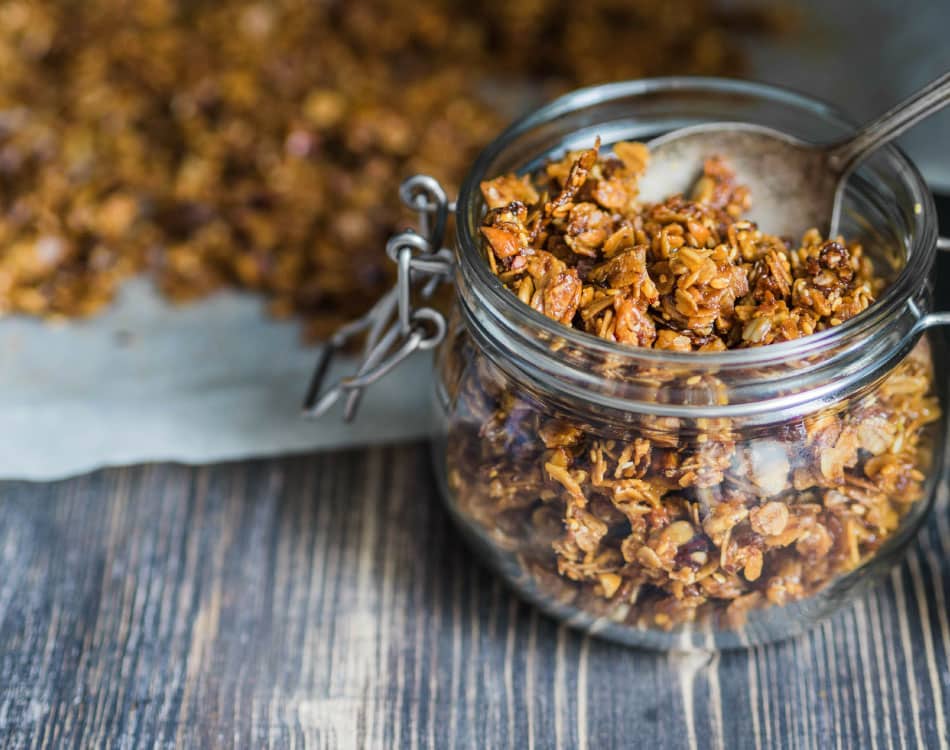
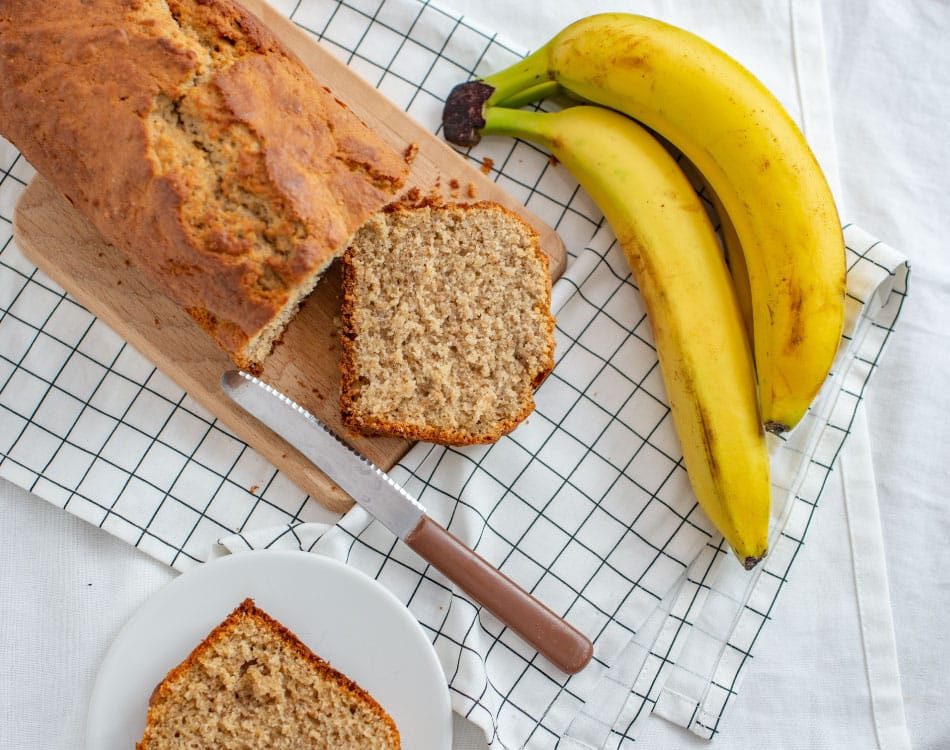


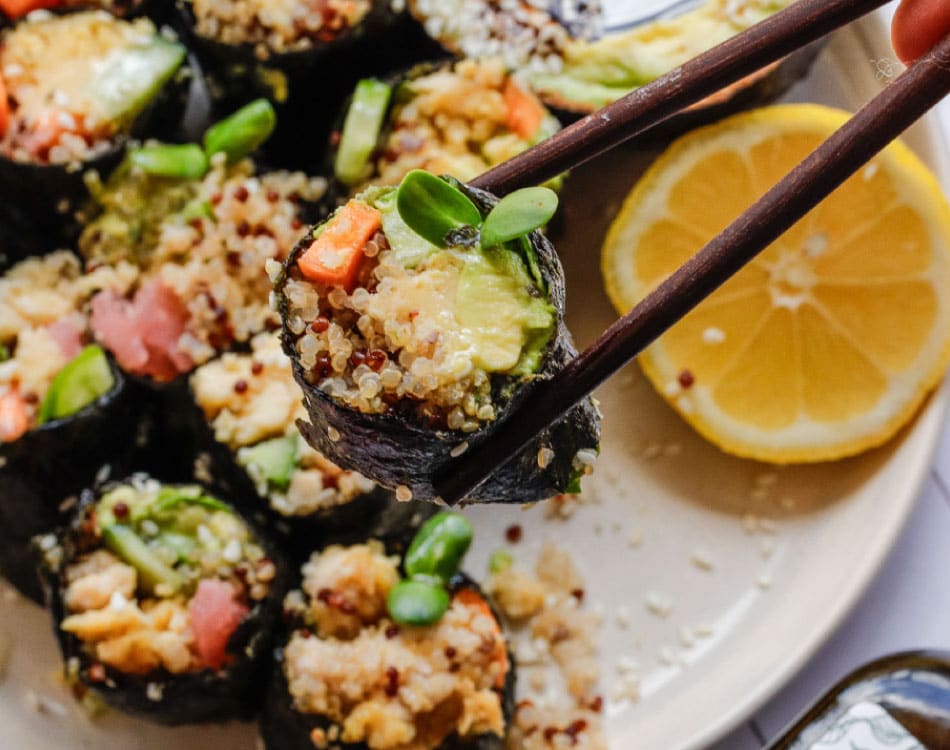




Leave A Comment